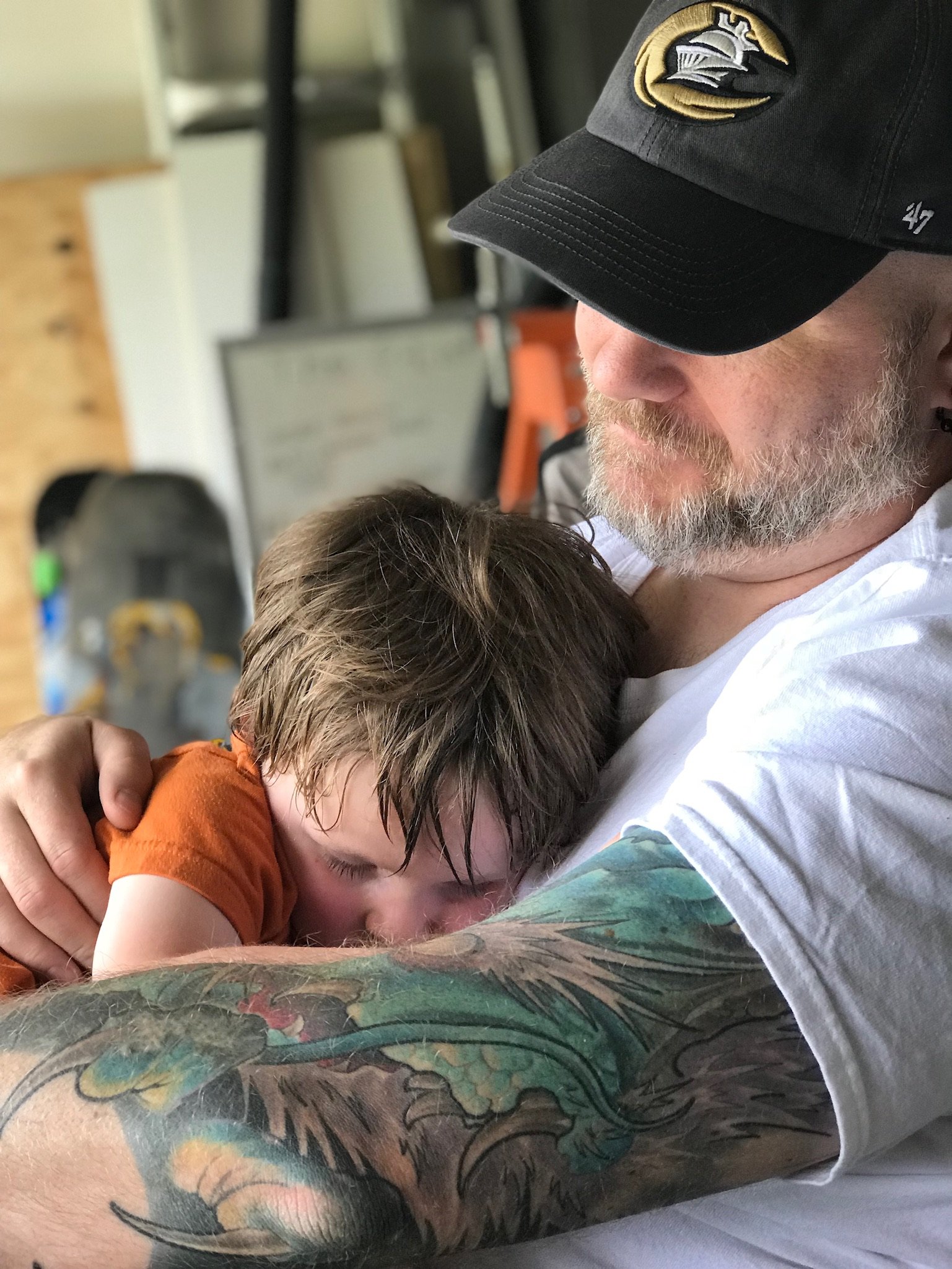Why you should know: The ‘a’ vs ‘an’ conundrum is not about what letter actually begins the word, but instead about how the sound of the word starts.
For example, the ‘h’ in ‘hour’ is silent, so you would say ‘an hour’ and not ‘a hour’. A trickier example is Ukraine: because the ‘U’ is pronounced as ‘You’, and in this case the ‘y’ is a consonant, you would say “a Ukraine” and not “an Ukraine”.
Tip: when in doubt, sound it out(loud).
Thank you for coming to my TED talk.


I’m a native English speaker, not fluent in any other languages, and I still fuck up it’s / its on a regular basis.
no shame in that. it’s rough. fun fact: even the US founding fathers got it wrong
later prints corrected this error which happens three times from Jefferson’s hand.
Go full weird with it and only use tis instead of it’s. No confusion that way.
I’m under the impression that mistakes like it’s/its tend to be more common among native speakers than among people who learn the language as teenagers/grown-ups. I might be wrong, though, it’s not like I have any data on the subject.